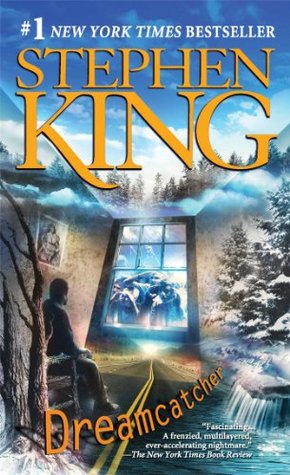Lots of things are buried in Derry.
MISSING, says the single block-capital word under the photo. And below that, in slightly smaller type: JOSETTE RINKENHAUER, LAST SEEN STRAWFORD PARK SOFTBALL FIELD, JUNE 7, 1982. Below this there is more copy, but Henry doesn’t bother reading it. Instead he reflects on how odd Derry is about missing children—not like other towns at all. This is June eighth, which means the Rinkenhauer girl has only been gone a day, and yet this poster has been tacked way up in the corner of the notice-board (or moved there), like somebody’s afterthought. Nor is that all. There was nothing in the paper this morning—Henry knows, because he read it. Skimmed through it, anyway, while he was slurping up his cereal. Maybe it was buried way back in the Local section, he thinks, and knows at once that’s it. The key word is buried. Lots of things are buried in Derry. Talk of missing children, for instance. There have been a lot of child disappearances here over the years—these boys know it, it certainly crossed their minds on the day they met Duddits Cavell, but nobody talks much about it. It’s as if the occasional missing kid is the price of living in such a nice, quiet place. At this idea Henry feels a dawning indignation stealing in first to mix with and then replace his former goofy happiness. She was sweet, too, with her BarbieKen. Sweet like Duddits. He remembers how the four of them would deliver Duddits to school—all those walks—and how often she’d be outside, Josie Rinkenhauer with her scabby knees and her great big plastic purse: “Hi, Duddie.” She was sweet.


